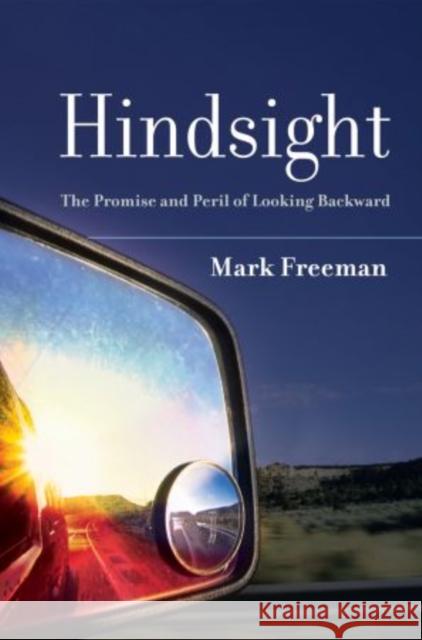Hindsight: The Promise and Peril of Looking Backward » książka
topmenu
Hindsight: The Promise and Peril of Looking Backward
ISBN-13: 9780195389937 / Angielski / Twarda / 2009 / 264 str.
Although the idea of hindsight is frequently associated with the biases, distortions, and outright lies of memory--as in the infamous "20-20" scenario or the conviction that one "knew it all along"--Mark Freeman maintains that this process of looking backward over the terrain of the past can also serve as a profound source of insight, understanding, and self-knowledge. Consider Tolstoy's harrowing tale of Ivan Ilych, revisiting his past on the eve of his death, only to realize that the life he had been living was a lie. Consider as well the many times in our own lives when, upon reviewing the past, we are able to see what we could not, or would not, see earlier on.
Hindsight is also intimately connected to what Freeman calls narrative reflection: Through the distance conferred by time, we can look back on past experiences and see them anew, as episodes in an evolving story. As important as "being in the now" and "living in the moment" are, it is no less important to pause at times and, by looking backward, seek to discern those aspects of experience that might otherwise escape our notice. Far from necessarily leading to deception and lies, therefore, hindsight can lead to wisdom and indeed truth--of a sort, Freeman contends, that is only available in retrospect. In addition to serving as a central site of self-knowledge, hindsight plays an integral role in the process of moral growth. For, through hindsight, there emerges the opportunity not only to see the possible errors of our ways but to transcend them and thereby to move on to better ways of being in the world. Drawing on psychology, philosophy, literature, and personal experience, this wide-ranging volume offers an insightful and engaging exploration of the role of hindsight both in discerning the personal past and in deepening moral life.










